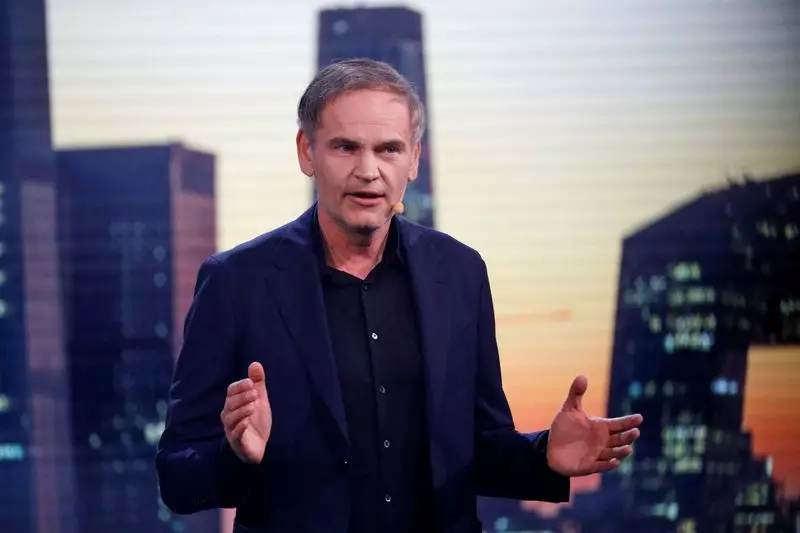The ongoing trade negotiations between the European Union (EU) and China have reached a critical juncture, particularly concerning the electric vehicle (EV) sector. As Europe accelerates its transition to sustainable transportation, it finds itself in a complicated web of economic and political pressures. proposed tariffs of up to 45% on China-manufactured electric vehicles, intended to combat perceived unfair subsidies, have sparked intense debate within the EU. The stakes are high for both sides, with the potential for significant economic repercussions, affecting not only the balance of trade but also job creation and industrial partnerships within Europe.
In this tumultuous environment, Oliver Blume, CEO of Volkswagen, has emerged as a key voice advocating for a more balanced approach. During an interview with *Bild am Sonntag*, Blume asserted that punitive tariffs might not be the most effective mechanism to address trade imbalances. Instead, he proposed that the EU should factor in the significant investments that car manufacturers, including Volkswagen, have made within Europe. According to Blume, a system that rewards companies committing capital and resources to local economies could foster a more equitable trading environment. This perspective underscores a shift from adversarial trade policies toward a more collaborative framework that prioritizes mutual benefit.
The Economic Implications
Imposing steep tariffs will likely create adverse ripple effects across the automotive industry. As outlined by Blume, if China retaliates with its own tariffs, it could place European car manufacturers at a disadvantage by increasing operational costs and stifling growth. Based on market forecasts, these tariffs could translate into billions of dollars in additional expenses, which might lead to higher vehicle prices and reduce competitiveness in a rapidly evolving global market. Furthermore, the prospect of diminished collaboration with Chinese manufacturers could slow innovation, particularly in green technologies which are critical for meeting climate targets.
The situation is complicated by internal divisions within the EU. Notably, Germany—a key economic player—along with other industry stakeholders, has openly opposed the proposed tariffs. This division highlights the tension between safeguarding local industries and fostering international trade relationships. The EU’s leadership must navigate these divergent views carefully to avoid a prolonged trade conflict that could unsettle the automotive landscape in Europe. The economic fallout from a fractured approach could resonate well beyond just vehicle manufacturers, affecting suppliers, dealerships, and ultimately consumers.
As discussions continue, the EU must evaluate not only the short-term benefits of imposing tariffs but also the long-term repercussions such actions may have on its strategic automotive goals. A policy reform that emphasizes cooperation, rather than strict penalties, might be more beneficial in creating a vibrant automotive sector capable of thriving amid global competition. Volkswagen’s advocacy for recognizing investments speaks to a larger narrative—one that emphasizes a mutual commitment to innovation, sustainability, and economic stability in an increasingly interconnected world. Balancing national interests with global realities will be imperative as the EU navigates these challenging waters.

